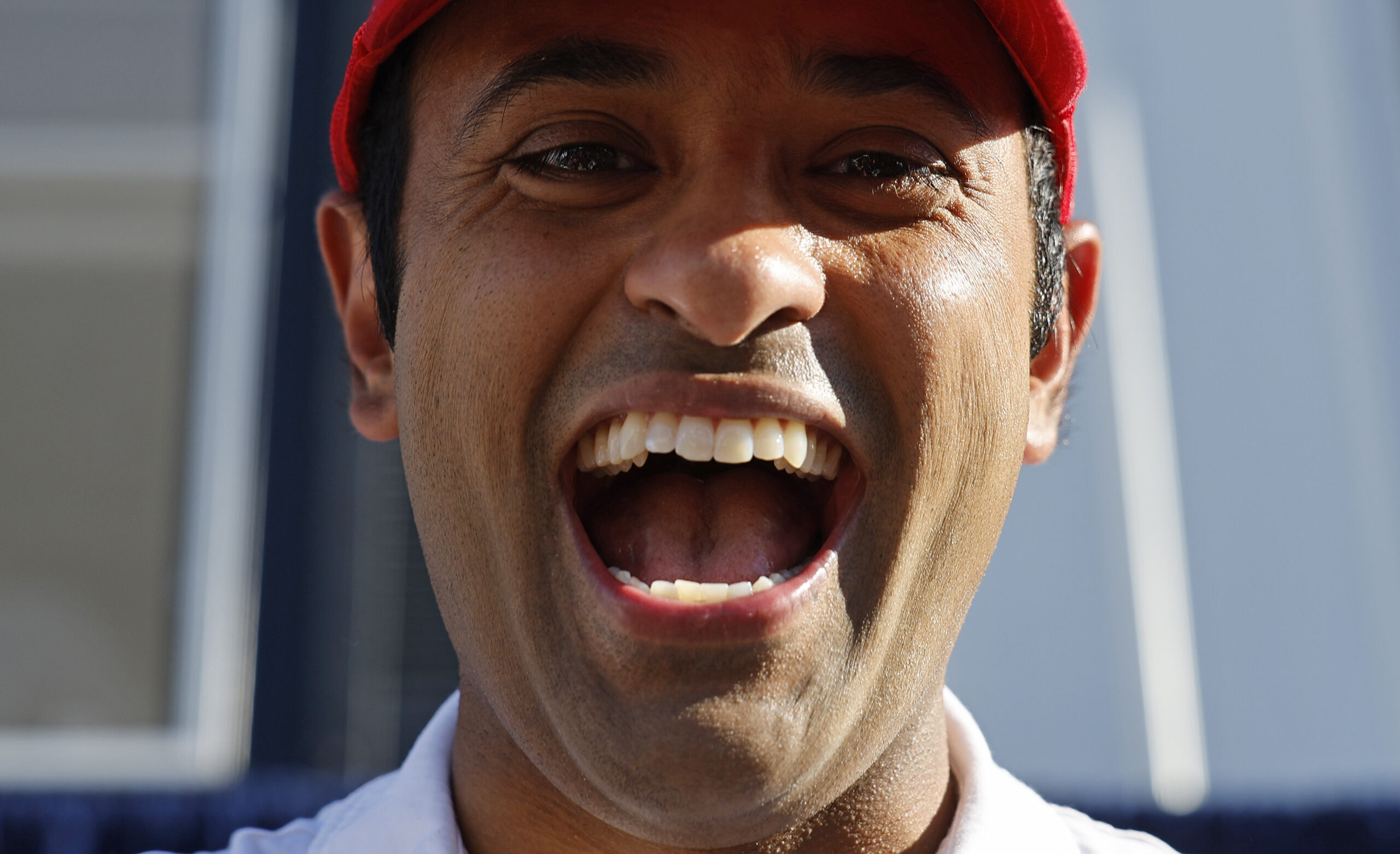In a year of depressingly predictable election trends, the rise of biotech entrepreneur Vivek Ramaswamy represents something of a breakthrough. In some polls for the Republican presidential nomination, the 38-year-old Ohio native now occupies second place behind Donald Trump, overtaking the beleaguered Ron DeSantis.
Ramaswamy’s surprising success reflects the freshness of his message, focusing on issues like corporate wokeism and the deconstruction of the federal bureaucracy, while benefitting from the faltering campaign of DeSantis.
Yet the Harvard-educated businessman’s rise also points to a broader trend. Ramaswamy reflects the remarkable, and largely unnoticed, ascendancy of the Indian American community not only in politics but also in technology, business, and education. The estimated four million or so Indian Americans — roughly triple the population of British Indians — represent arguably America’s most successful new ethnic group, with the highest rates of entrepreneurship and education levels.
Early Indian immigrants came to America as servants or agricultural workers. But more recently, they are heavily drawn from trading castes, notably Gujarati as well as elite graduates of the Indian Institutes of Technology. Indian executives are at the helm of Microsoft, Alphabet, IBM, Vimeo, and YouTube.
Like the tech world in general, Indians are predominantly Left-leaning, with more than two-thirds voting Democrat. They concentrate in deep-blue regions like New York, Chicago and San Francisco, although there is a growing continent in both Dallas and Houston. But Indians are not necessarily culturally liberal, and frequently maintain traditional values. They tend, according to a 2020 Carnegie Endowment study, to be more religious, more married and very attached to their ethnic identity.
This perhaps explains why a number of Indian American politicians are running as Republicans. In addition to Ramaswamy, there is former South Carolina Governor Nikki Haley, who is also running for President, as well as Louisiana’s former governor, Bobby Jindal.
Still, the real political power in the Indian community lies with the Left. All five Indian US Congress members are Democrats, including the Leftist “Squad” member Pramila Jayapal of Seattle. Many represent what Thomas Piketty aptly calls “the Brahmin Left”, a group of well-educated professionals who see themselves as qualified to direct the country’s future.
This group includes critical figures such as Silicon Valley’s Congressman Ro Khanna, former co-chairman of Bernie Sanders’s presidential campaign. Khanna, first elected in 2017, also served as deputy assistant secretary in Barack Obama’s Commerce Department, and has been a strong advocate of both green policies and reshoring manufacturing to the US. He also recently proved himself a mensch in defending Ramaswamy from an ill-considered attack from an Oklahoma pastor who warned against voting for a Hindu. Both Khanna and Ramaswamy were raised in, and practice, this ancient faith. In contrast, Haley is a Christian, which annoys some South Indian activists.
Another key Indian political player is behind-the-scenes power broker Saikat Chakrabarti, a Harvard-trained software engineer, widely acknowledged as the éminence grise behind the ubiquitous progressive headliner Alexandria Ocasio-Cortez. He is an unreconstructed radical who has admitted that the proposed Green New Deal was not merely an environmental gambit, but an effort to restructure the American economy away from the current capitalist system.
So even if Ramaswamy and Haley fade, as is likely, Indian influence in both parties, as well as in business and the arts, can be expected to grow in the years ahead. Well-educated and increasingly affluent, it is far from fanciful that in the near future an Indian will ascend the heights of American politics, as is already the case in the UK. Whether they will, like their British counterparts, also shift substantially to the Right remains an open question.











Join the discussion
Join like minded readers that support our journalism by becoming a paid subscriber
To join the discussion in the comments, become a paid subscriber.
Join like minded readers that support our journalism, read unlimited articles and enjoy other subscriber-only benefits.
Subscribe